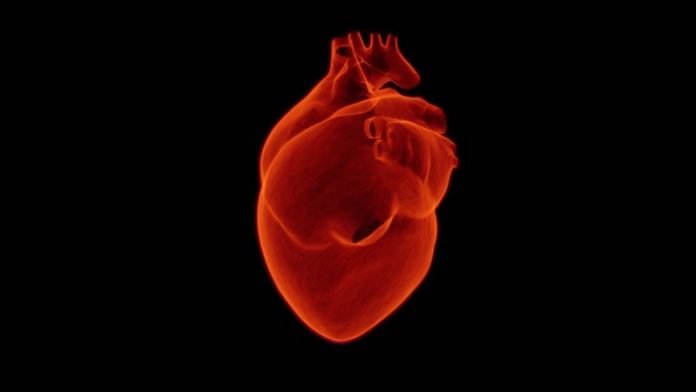
There are several different types of heart attacks, which occur when blood flow to the heart is blocked or reduced.
In a new study, researchers found considerable uncertainty about how to care for patients with one type.
The findings point to the need for clinical trials to provide more guidance to physicians.
The research was conducted by a team at Massachusetts General Hospital (MGH).
The cause of type 2 heart attack is not from rupture of a plaque in the blood vessels but rather from medical conditions that contribute to an imbalance between oxygen supply and demand in the heart.
Initial management typically focuses on treating the medical illness that precipitated the heart attack; however, patients with this type of heart attack have high rates of recurrent cardiovascular events and may need tailored follow-up care.
In the study, the team examined the electronic health records of patients with type 2 heart attack at MGH between October 2017 and May 2018.
Among 359 patients, 207 (57.7%) were evaluated by cardiologists, 120 (33.4%) received cardiology consultation requests, and 87 (24.2%) were admitted or transferred to the cardiology department.
Patients evaluated by cardiologists more commonly underwent stress tests and heart imaging exams during their hospital admission, and they were more likely to be discharged on a statin and a beta-blocker.
There were no differences in death rates among those who were or were not evaluated by cardiologists.
Among patients who were discharged, 38.4% had an outpatient cardiology follow-up visit within six months, and patients who were evaluated by cardiologists during their hospital admission were more likely to have such follow-up visits.
The study raises the possibility of gaps in care for patients with type 2 heart attack.
It highlights the uncertainty among clinicians on how to best manage patients with this type of heart attack.
The team notes that because no clinical trials have addressed this specific patient population, the roles of cardiologists, traditional heart attack medications, and stenting or bypass surgery are still unknown.
They suggest that these patients should be seen by a cardiologist either during their admission or as an outpatient after discharge.
One author of the study is Cian P. McCarthy, a cardiology fellow at MGH.
The study is published in Circulation: Cardiovascular Quality and Outcomes.
Copyright © 2020 Knowridge Science Report. All rights reserved.



